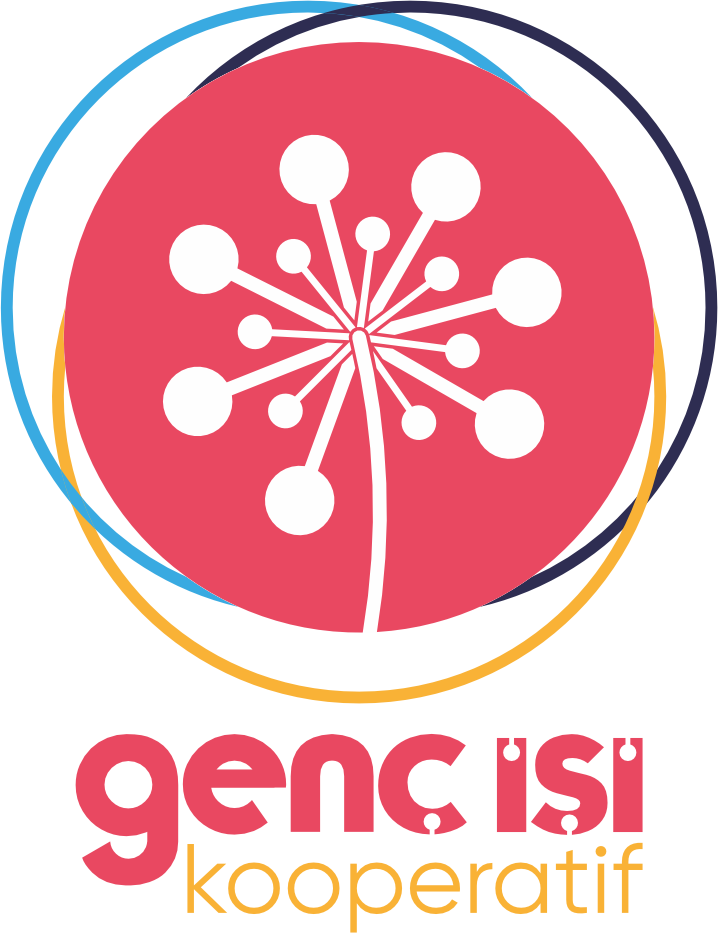18-19 APRIL 2019 IZMİR COMMODITY EXCHANGE – BORSA SARAYI

In partnership with the Izmir Commodity Exchange, Youth Deal Cooperative brings together leading cooperatives and private businesses to discuss how cooperatives can work with private sector in achieving responsible business.
Social and Solidarity Economy (SSE) refers to “enterprises and organizations (cooperatives, mutual benefit societies, associations, foundations and social enterprises) which produce goods, services and knowledge that meet the needs of the community they serve, through the pursuit of specific social and environmental objectives and the fostering of solidarity” according to International Labour Organization.
Following the 2008-9 Global Financial Crisis, SSE has progressively gained impetus in societies that suffer from socioeconomic inequality, poverty and social exclusion. In response to these evolving challenges and solidarity-based reactions following the crisis, conventional businesses engaged and interacted with SSE specifically through Corporate Social Responsibility (CSR) schemes. By definition, CSR aims to “integrate an ethical approach into corporate practices” which is entirely consistent with SSE (RIPESS, 2013). Lack of knowledge or misinterpretation of SSE-related community needs and motivations may lead to “social-washing” of CSR and business practices.
Intercontinental Network for the Promotion of the Social Solidarity Economy (RIPESS, 2013) informs that despite many commendable examples of CSR, “there is a very real danger that corporations (…) are branding themselves as champions of sustainability, local economic development, health promotion and community empowerment while at the same time engaging in practices that are harmful to workers, the environment and local communities, small businesses and family farmers”.





